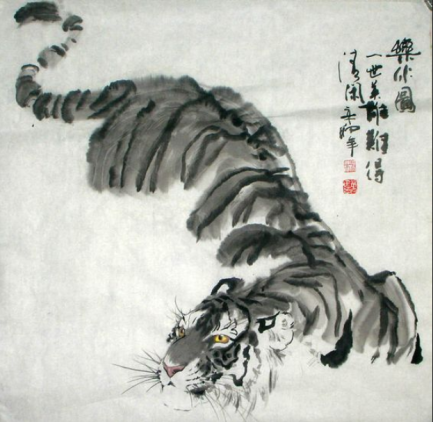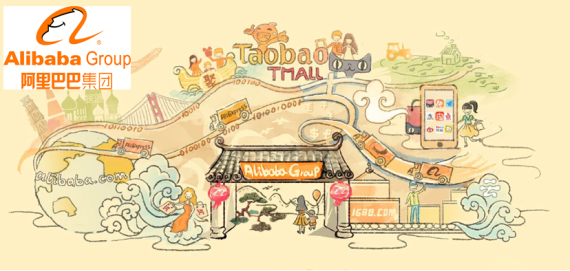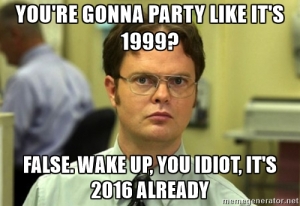 We are currently locked into a ‘battle of ecosystems.’ where our very existence is requiring one side to win, it simply must, to be more dominant.
We are currently locked into a ‘battle of ecosystems.’ where our very existence is requiring one side to win, it simply must, to be more dominant.
This ecosystem battle is between those that are highly vested in the fossil-based energy supply system of today and those that are forcing change into a more renewable reliant energy system as quickly as possible.
We are pushing so much of the principles and theories of ecosystems to the maximum test in the outcomes we wish to achieve, in the energy transition we require.
We are determining our future planet and what defines a healthy ecosystem in a very ad-hoc, self-determining way. The ambitions of so many vested interests need fresh evaluations in any new socio-economic structure. We must bring these two competing energy views into a balance. A balance that allows the planet to return to one where we, as humans, can be more in harmony with all that is around us, in the air we breathe, in sharing this earth in its diversity of resources, living creatures, and what it offers in natural wonder.
 Sadly, yesterday, 4th November 2019, the United States began the process of withdrawing from the Paris Agreement, notifying the UN of its intention to leave.
Sadly, yesterday, 4th November 2019, the United States began the process of withdrawing from the Paris Agreement, notifying the UN of its intention to leave.

 We all facing this growing pressure of time. In our daily work, in managing product and service life-cycles, as well as constantly considering business model overhauls as they become ever more connected.
We all facing this growing pressure of time. In our daily work, in managing product and service life-cycles, as well as constantly considering business model overhauls as they become ever more connected. You cannot escape the discussions around platform business models. Recently I saw that 50% of all organizations are either investing or considering a new platform business model. In a report provided by the IBM Institute for Business Value, released last year called “
You cannot escape the discussions around platform business models. Recently I saw that 50% of all organizations are either investing or considering a new platform business model. In a report provided by the IBM Institute for Business Value, released last year called “ I was trying to capture the Asian dynamism in how they go about Ecosystem designs for their businesses.
I was trying to capture the Asian dynamism in how they go about Ecosystem designs for their businesses. How can we achieve seamless experiences when we don’t have seamless organizations?
How can we achieve seamless experiences when we don’t have seamless organizations? If ever there is one company in my mind that is at the forefront of building ecosystems, platforms and customer engagement, that is the
If ever there is one company in my mind that is at the forefront of building ecosystems, platforms and customer engagement, that is the To borrow a phrase from the musician formerly known as Prince, we are innovating, at least in regards to platforms and ecosystems, like it’s 1999. This isn’t to suggest innovation is making beautiful music, but to take you back to a specific point in time and think about the conditions.
To borrow a phrase from the musician formerly known as Prince, we are innovating, at least in regards to platforms and ecosystems, like it’s 1999. This isn’t to suggest innovation is making beautiful music, but to take you back to a specific point in time and think about the conditions.